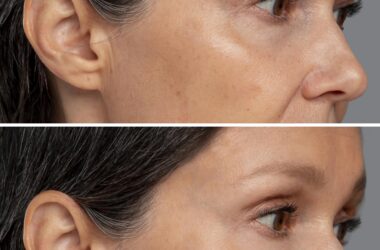Table of Contents
Serums 101: Unlocking the Power of Liquid Luxuries
When it comes to achieving healthy, glowing skin, serums are often overlooked as a crucial step in our daily skincare routine. But what exactly are serums, and how do they work their magic on our skin? In this article, we’ll dive into the world of serums and explore what you need to know to unlock their full potential.
What is a Serum?
A serum is a lightweight, fast-absorbing liquid formula that is typically applied to the skin after cleansing and toning. Unlike moisturizers, which provide long-lasting hydration and protection, serums are designed to deliver a concentrated dose of active ingredients directly to the skin. These ingredients can include antioxidants, vitamins, peptides, and other actives that target specific skin concerns such as fine lines, wrinkles, dark spots, and dryness.
Types of Serums
There are countless types of serums available, each catering to specific skin types and concerns. Some common categories include:
- Antioxidant serums, which contain powerful antioxidants like vitamin C and ferulic acid to neutralize free radicals and protect the skin from environmental stressors.
- Hydrating serums, which are designed to provide intense moisturization and hydration to dry, dehydrated skin.
- Brightening serums, which contain ingredients like niacinamide and licorice extract to help even out skin tone and reduce the appearance of dark spots and hyperpigmentation.
- Anti-aging serums, which contain peptides, retinol, and other actives to target fine lines, wrinkles, and skin elasticity.
How to Choose the Right Serum for Your Skin
With so many options available, choosing the right serum for your skin can be overwhelming. Here are a few tips to keep in mind:
- Identify your skin concerns: What are you trying to address with your serum? Do you have dry skin, acne, or fine lines? Look for serums that target your specific concerns.
- Consider your skin type: If you have sensitive skin, look for serums labeled “hypoallergenic” or “fragrance-free” to minimize the risk of irritation.
- Read the ingredient list: Look for key ingredients that address your skin concerns, and avoid harsh chemicals or artificial fragrances.
- Start with a small sample: If you’re new to serums, try a small sample before committing to a full-size bottle to ensure you don’t have any adverse reactions.
How to Use a Serum
Using a serum is relatively simple, but it’s important to follow these steps to get the most out of your product:
- Apply a few drops to your face and neck after cleansing and toning.
- Gently massage the serum into your skin until fully absorbed.
- Follow up with a moisturizer to lock in the active ingredients and provide additional hydration.
Conclusion
Serums are a powerful tool in your skincare arsenal, offering a concentrated dose of active ingredients to target specific skin concerns. By understanding what serums are, the different types available, and how to choose the right one for your skin, you can unlock their full potential and achieve the glowing, healthy skin you deserve. Remember to always follow the instructions and start with a small sample to ensure you don’t have any adverse reactions. Happy serum-ing!
Recommended Products
-
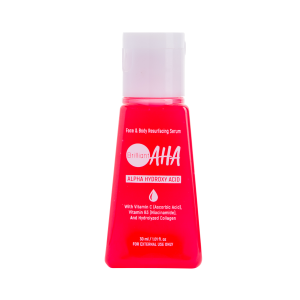 Face & Body Resurfacing Serum (Brilliant AHA) 30 mLKD3.000
Face & Body Resurfacing Serum (Brilliant AHA) 30 mLKD3.000 -
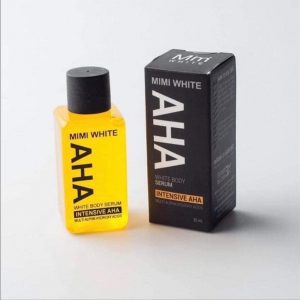 Mimi White AHA Body Serum 30mlKD3.000
Mimi White AHA Body Serum 30mlKD3.000 -
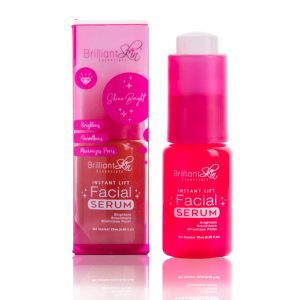 Brilliant Skin Instant Lift Facial Serum 20 mLKD4.500
Brilliant Skin Instant Lift Facial Serum 20 mLKD4.500 -
Product on sale
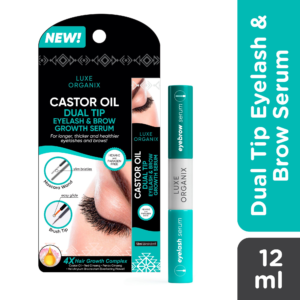 Castor Oil Dual Tip Eyelash & Brow Growth Serum – 12mlOriginal price was: KD5.000.KD4.000Current price is: KD4.000.
Castor Oil Dual Tip Eyelash & Brow Growth Serum – 12mlOriginal price was: KD5.000.KD4.000Current price is: KD4.000. -
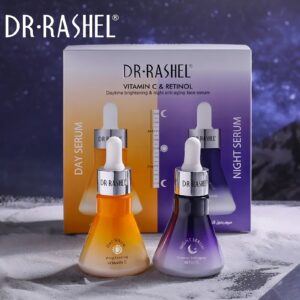 Dr. Rashel Vitamin C & Retinol Day and Night Serums 30mLKD5.000
Dr. Rashel Vitamin C & Retinol Day and Night Serums 30mLKD5.000 -
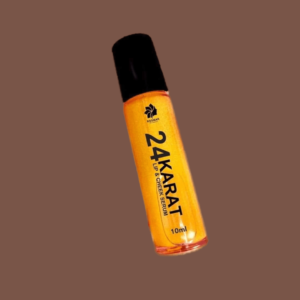 Rosmar 24 Karat Lip And Cheek Serum 10mLKD3.000
Rosmar 24 Karat Lip And Cheek Serum 10mLKD3.000 -
 NIACINAMIDE Pure Serum by Ashley Shine 520mL: Deep Hydration and Brightening for Face, BodyKD8.000
NIACINAMIDE Pure Serum by Ashley Shine 520mL: Deep Hydration and Brightening for Face, BodyKD8.000 -
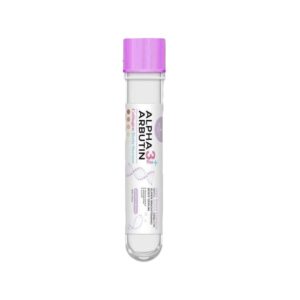 Precious Skin Alpha Arbutin 3+ Plus Collagen Body Serum 45mlKD4.000
Precious Skin Alpha Arbutin 3+ Plus Collagen Body Serum 45mlKD4.000 -
 Ms. Tsung Essentials Glass Skin Facial Serum, 30mlKD3.000
Ms. Tsung Essentials Glass Skin Facial Serum, 30mlKD3.000




